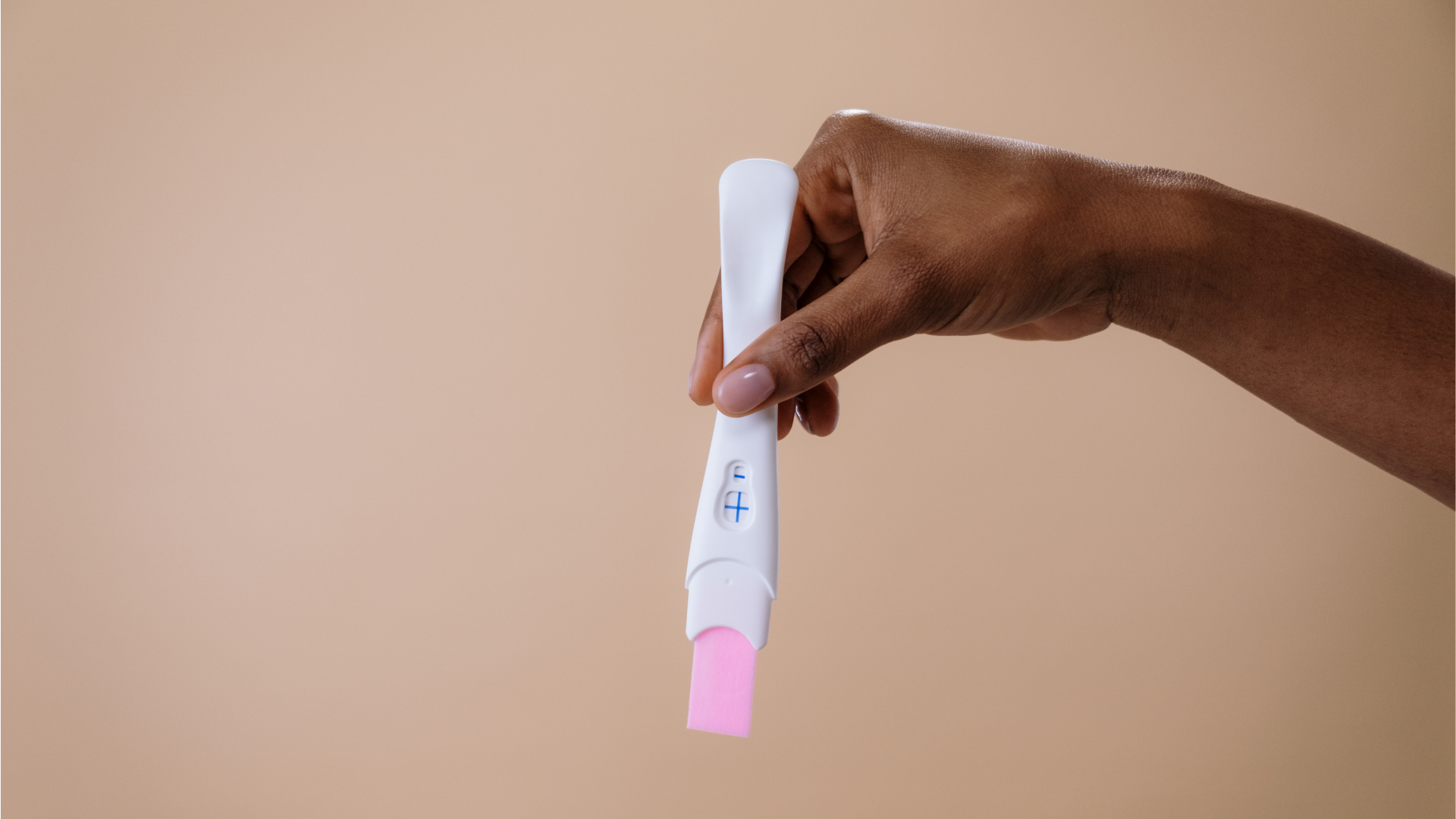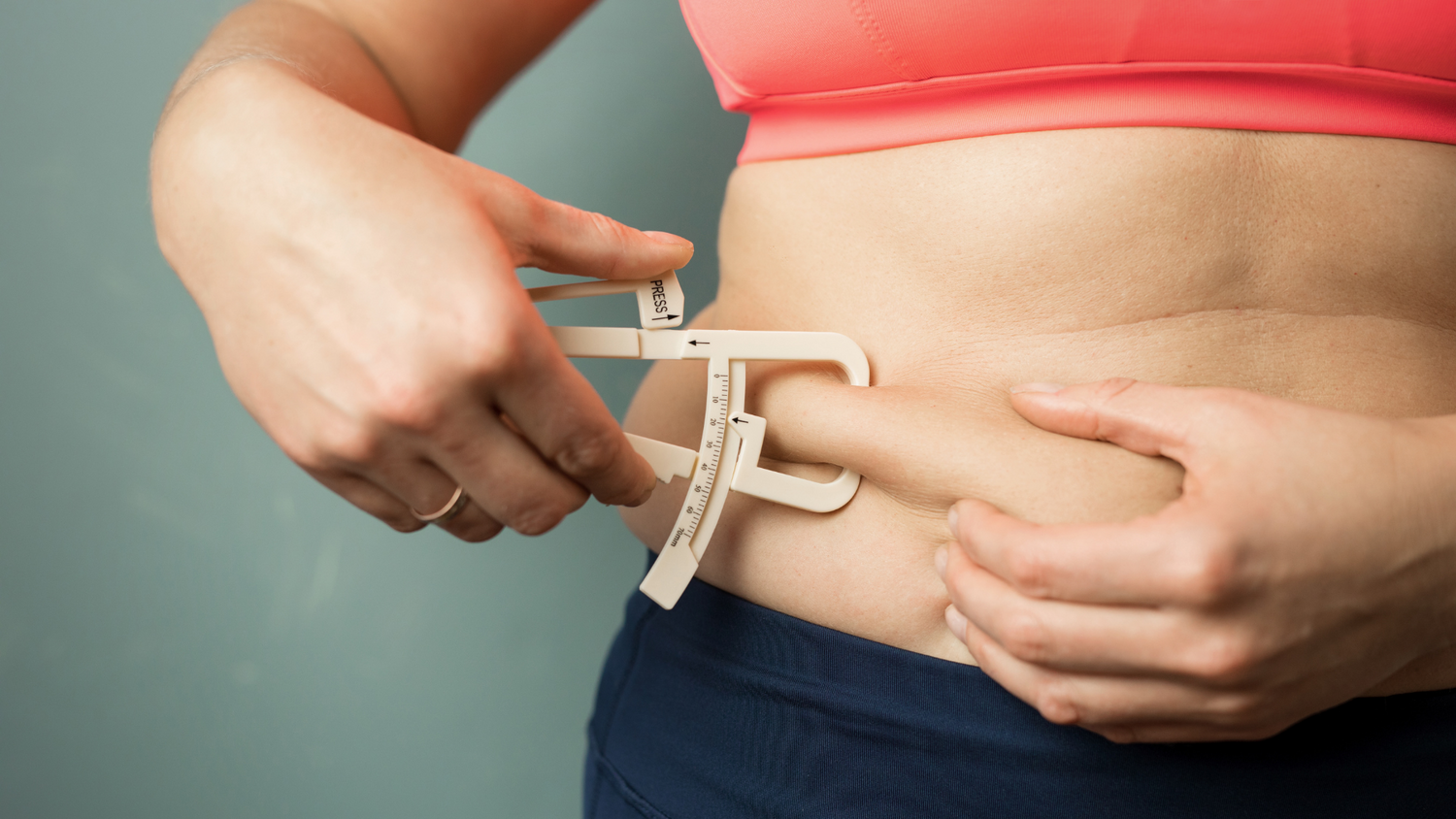Navigating the complexities of perimenopause can be a bit like journeying through unfamiliar terrain. The uncertainty, the questions, and the changes—it's all a part of the body's natural evolution. Among the most pressing inquiries for many women is: Can I still become pregnant during perimenopause? According to recent data, 1 in 4 women giving birth in 2019 were aged 35 or over. Additionally, 2 in 7 mothers aged 35 or over were giving birth for the first time. Notably, birth rates for women aged 40–44 have nearly doubled from 1999 to 2019^1^. So, what does this all mean for you as you wade through the waters of perimenopause? Let's break it down, shall we?
Understanding Perimenopause: A Shift in Fertility
Firstly, it's crucial to understand that perimenopause brings about a series of hormonal changes. Your body will see fluctuations, especially in oestrogen and progesterone levels, which can influence the regularity, length, and flow of your menstrual cycles. Despite these shifts, it's possible to ovulate, though it might not be as consistent as before.
Pregnant During Perimenopause: What are the Odds?
As we age, there's a natural decline in fertility, primarily due to a decrease in both the quality and quantity of the eggs available. But this doesn't mean conception is off the table. As the statistics reveal, many women in their late 30s and even into their 40s continue to conceive and give birth. It's just essential to be aware that the probability may be reduced compared to earlier years.
Surprises at the Tail End of Fertility: Multiple Eggs and Unexpected Pregnancies
Towards the end of a woman's fertile years, an interesting phenomenon can occur: the ovaries can occasionally release multiple eggs in a single cycle. This increased likelihood of multiple ovulations can result in unexpected pregnancies and a higher chance of multiple births (e.g., twins or triplets) in older women. This explains some of the surprise pregnancies and birth stories we often hear about among women approaching menopause.
Exploring IVF: An Option for Perimenopausal Women
If you're experiencing challenges conceiving naturally during perimenopause, In Vitro Fertilization (IVF) presents itself as a viable option. IVF involves retrieving mature eggs from a woman's ovaries, fertilizing them in a lab, and then implanting the embryos into the uterus. For women in perimenopause, IVF can utilize either their eggs or donor eggs, offering a chance at pregnancy even when natural conception becomes more challenging.
Fertility in Perimenopause: How It Changes
Every woman's body is unique, with its rhythm and timing. Some may notice a steeper decline in fertility during perimenopause, while others might find that they remain relatively fertile. Regular consultations with a gynaecologist can offer a more personalized perspective on your fertility during this phase.
Pregnancy and Perimenopause: The Birth Control Debate
If you're not looking to expand your family during perimenopause, it's important to continue with birth control. Because ovulation can be unpredictable during this phase, it's best to err on the side of caution. You're only officially in menopause after 12 consecutive months without a period.
Understanding perimenopause and its implications on fertility is essential for every woman navigating this phase. Whether considering natural conception, the surprises of multiple ovulations, or exploring the path of IVF, information and support are paramount. Remember, you're not alone on this journey, and there's always help available.
^1^ Australian Institute of Health and Welfare, article published August 2021.




